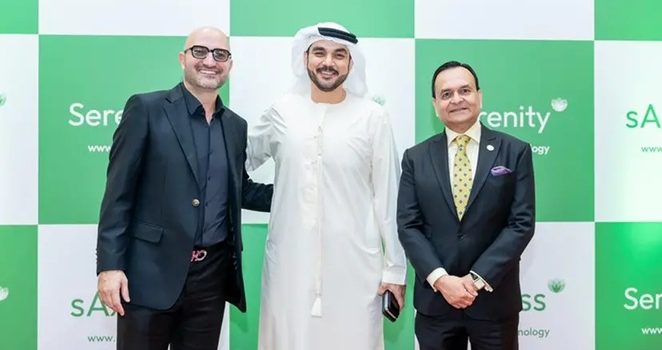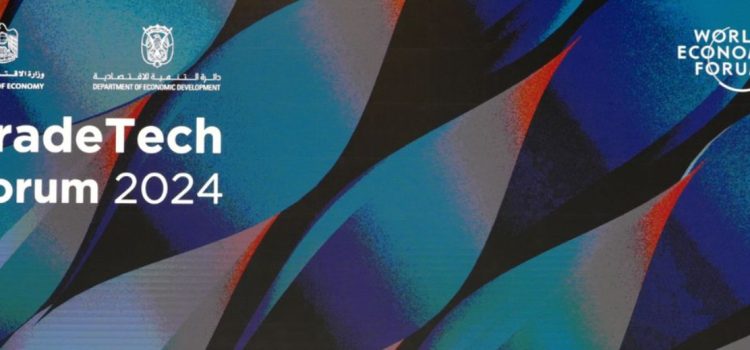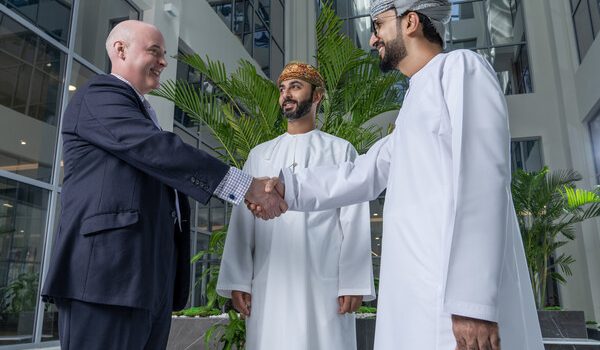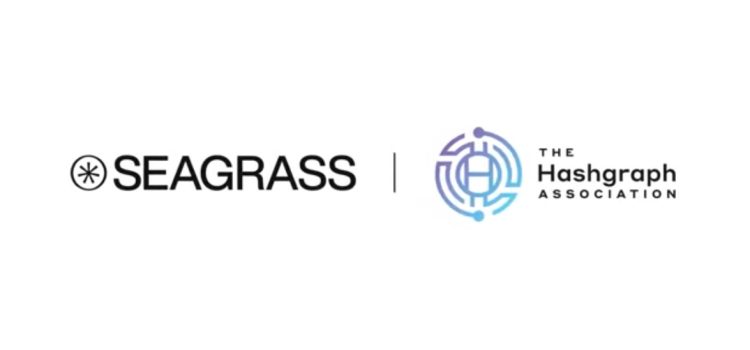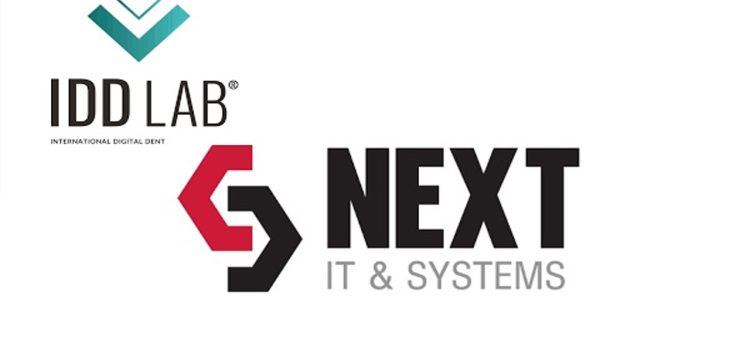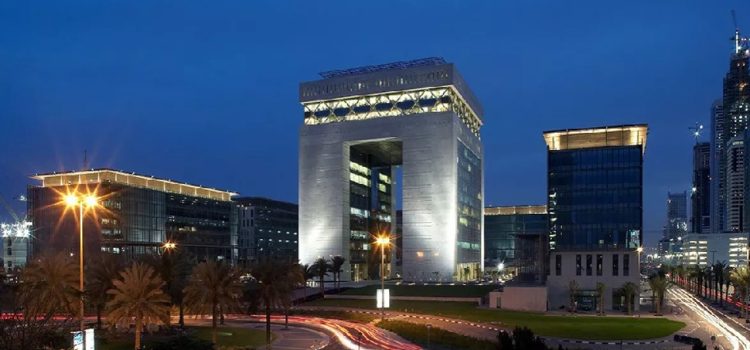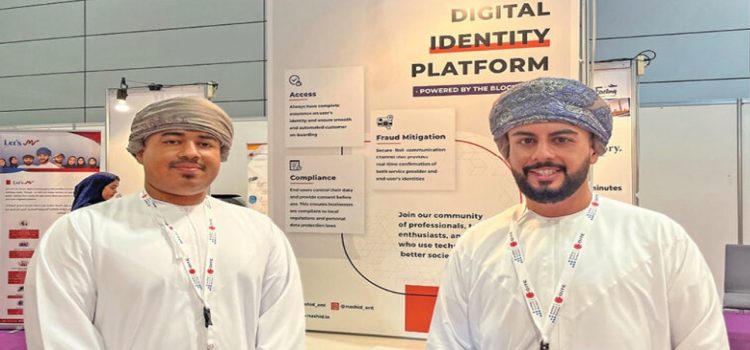
Serenity, a blockchain technology company specializing in Decentralized Data Survivability Protocol (DeDaSP), launched the sAxess Biometric Card. Developed in partnership with IDEMIA, this world-first biometric-secured blockchain card revolutionizes secure data storage, digital identity authentication, and real-world asset monetization in Dubai UAE.
The sAxess Biometric Card is powered by Serenity’s patent-pending DeDaSP technology, designed to redefine secure digital asset storage and real-world usability. It offers a range of features, including biometric wallet authentication, providing secure access using advanced biometrics; an ultra-secure digital repository, with encrypted storage and recovery of wallet seed phrases without requiring traditional crypto wallets; and non-crypto user accessibility, providing a business-friendly solution for secure data storage without blockchain expertise.
The innovation delivers seamless real-world applications, including identity verification, file validation, secure payments, and credential updates, and is fast and intuitive to implement, with an ergonomic interface and a setup process under three minutes.
The launch event in Dubai UAE was attended by Mr. Robert Boris Mofrad, Co-founder & CPO of Serenity, and Mr. Venket Naga, CEO & Co-Founder of Serenity, who emphasized the revolutionary impact of sAxess on digital security and decentralized finance. The event featured keynote speeches by Mr. Ali Akbar, Head of Pre-Sales, Digital & Advanced Payments at IDEMIA, and Dr. Maria Papadaki, Chief of Strategy & Risk at Dubai Blockchain Center, who highlighted the significance of biometric technology in blockchain and the future of secure digital transactions.
Serenity’s Co-Founder & CPO, Mr. Robert Boris Mofrad stated, “sAxess is more than a product, it’s a revolution in digital asset security. By combining biometrics with blockchain, we’ve created a solution that enhances both accessibility and protection for users worldwide. This launch highlights Serenity’s leadership in blockchain innovation and fintech security, setting the foundation for a future where biometric-secured blockchain solutions become the global standard.”
Serenity (www.s.technology) is a blockchain-focused company integrating DeDaSP (Decentralized Data Survivability Protocol), DePIN (Decentralized Physical Infrastructure Networks), and RWA (Real-World Assets) into RWS (Real-World Services). Their goal is to monetize and add value to assets through decentralized and secure data management. Serenity is working on innovative solutions in sectors like real estate, AI data centers, finance, and digital identity, leveraging technologies such as biometric authentication (via partners like Idemia) and secure tokenization for asset management and data survivability.
Serenity recently collaborated with Oman based Gulfdox, a provider of physical storage, data digitization, and storage software solutions, where Gulfdox will integrate Serenity’s cutting-edge blockchain technology into its service portfolio, offering clients a robust, secure, and future-ready digital storage solution.








